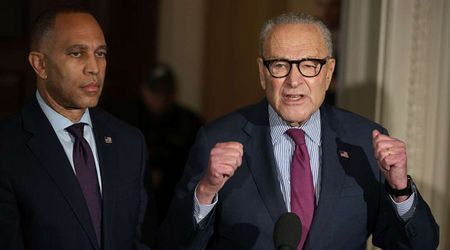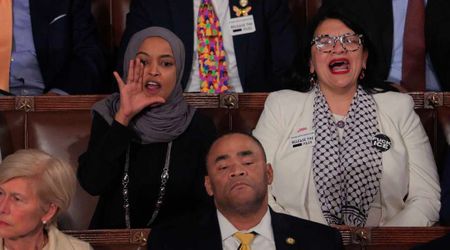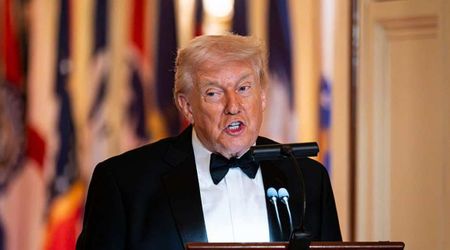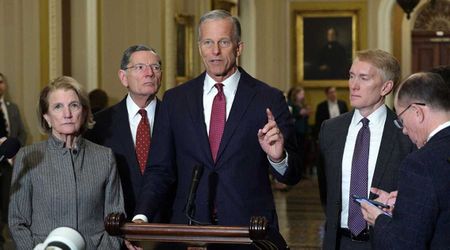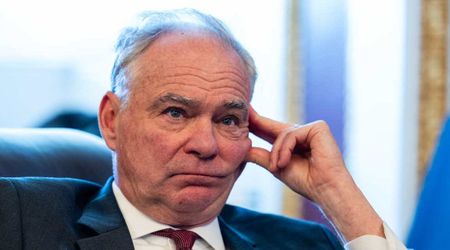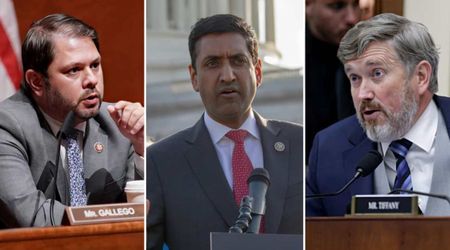5 big questions after Donald Trump's conviction and $355M penalty in New York civil fraud trial
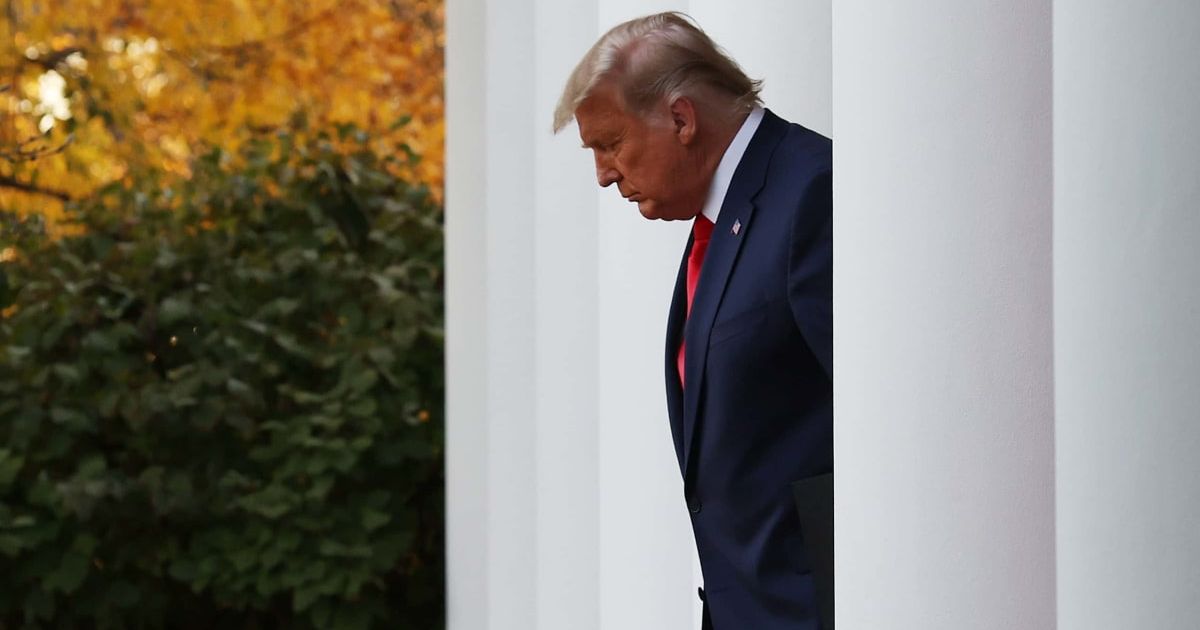
5 major questions in wake of Donald Trump's conviction in New York civil fraud trial

The recent judgment against former President Trump in his New York civil fraud trial has caused significant ramifications in the world of business and politics. Judge Arthur Engoron's decision on Friday, February 16, to levy a nearly $355 million in penalty was based on his finding that Trump had regularly inflated the value of his properties to obtain favorable loan terms and enjoy insurance benefits. Moreover, the judge expressed his dissatisfaction with the defendants' “complete lack of contrition and remorse”. The 77-year-old embattled former POTUS has stated that he will appeal the ruling, and he has characterized the case as a "witch hunt" unlike any other in American history. However, this verdict has sparked a broader debate about the business climate in New York, with many questioning the ethical practices of some of the most powerful players in the industry. Moving forward, this ruling may have significant implications for the way that businesses and investors operate in New York and beyond. As the world closely watches Trump's legal battles, it is clear that this case has far-reaching consequences for all those involved.
1. Is Trump being punished for a victimless crime?

The question of whether former US President Donald Trump's past dealings constitute a victimless crime is an argument that is doing the rounds. Trump has emphasized that his lenders were repaid and that the deals that were under scrutiny in the trial were profitable. Deutsche Bank, the most prominent lender affected by the case, has not filed a complaint against Trump or the Trump Organization's conduct. It is therefore not surprising that doubts about the fairness of the ruling extend beyond Trump's staunch supporters. However, New York Attorney General Letitia James has argued that Deutsche Bank lost nearly $170 million in interest due to Trump's false claims. While a multinational bank may not be the most sympathetic victim in the eyes of the public, it is clear that any state, and especially New York, has an interest in preserving the fundamental integrity of its economic system. Orin Kerr, a law professor, claimed that the argument of a victimless crime was essentially fraudulent. Kerr drew a comparison with drunk driving laws, stating that the government has a legitimate interest in discouraging reckless behavior, regardless of whether a particular example of that behavior causes harm.
2. Is Trump being targeted for political gains in an election year?

Following the ruling last week, the Republican presidential frontrunner criticized Attorney General Letitia James, referring to her as a "totally corrupt attorney general" and accused President Joe Biden of using the case to obstruct a political opponent. It is unclear what Trump meant by "corrupt," as there is no indication that AG James benefited financially from the case. However, it is worth noting that James has been a long-standing political adversary of Donald Trump. During her 2018 campaign for attorney general, James referred to Trump as a "con man" and "carnival barker." The Associated Press also reported that she had pledged to scrutinize Trump's “real estate dealings”. Despite James's political reputation, Justice Arthur Engoron stated in his 92-page ruling that the “defendants submitted blatantly false financial data … resulting in fraudulent financial statements. When confronted at trial with the statements, defendants’ fact and expert witnesses simply denied reality.” The question still remains whether a case that exposes genuine fraud should be invalidated on the grounds that the attorney general pursuing the case is a political adversary of the defendant.
3. Will the case have repercussions for New York businesses?

Kevin O'Leary, the famed ‘Shark Tank’ investor, told Fox Business on Monday that he saw "no rationale" behind the decision and that he "would never invest in New York now." “Every investor is worried, because where is the victim?” O’Leary asked host Neil Cavuto during his interview. “Who lost the money? This is some arbitrary decision a judge made.” Rep Mike Turner (R-Ohio), the Republican Chair of the House Intelligence Committee, stated as much on Sunday in an interview with NBC's ‘Meet the Press’ claiming that the ruling was “going to be a threat to really just all businesses, including those who are currently operating in New York.” However, putting aside the wider issue of taxes and regulations in the Empire State, the assertion that the Trump verdict will have a significant impact appears doubtful. If the argument is that the authorities singled out Trump for special treatment, and did so in an atypical manner, then why would executives of other unrelated firms make business decisions based on it?
4. Is Judge Engoron’s ruling rare?

The ruling against former US President Donald Trump is noteworthy in terms of its extent and scope. Some experts have pointed out that in the past, the plaintiff, Attorney General Letitia James, has pursued cases against businesses involved in illicit practices that have harmed ordinary citizens. However, this particular case pertains to Trump’s business activities, which are alleged to have violated state law. It is significant to note that Judge Arthur Engoron decided against the permanent suspension of Donald Trump from conducting business in New York, although he is prohibited from running a corporation in the state for the next three years. Syracuse University law professor Gregory Germain explained to Reuters on Friday, “The attorney general’s job is to protect people who can’t protect themselves. Here, we’re dealing with very sophisticated lenders who are fully capable of protecting themselves and haven’t asked the attorney general for help.”
5. Will the ruling have an adverse effect on Trump's presidential bid?

It is highly unlikely that the recent verdict will have a negative impact on Donald Trump's presidential campaign. In fact, as four criminal indictments were unveiled against the MAGA figurehead last year, his lead in the GOP primary only widened. It is possible that this civil fraud ruling could further rally Republican voters around him. However, it is important to note that criminal cases against Trump could potentially impact his political fortunes during a general election, provided that any of them result in a conviction. That being said, the civil fraud case is more likely to affect his self-image and his financial status than his political prospects.

